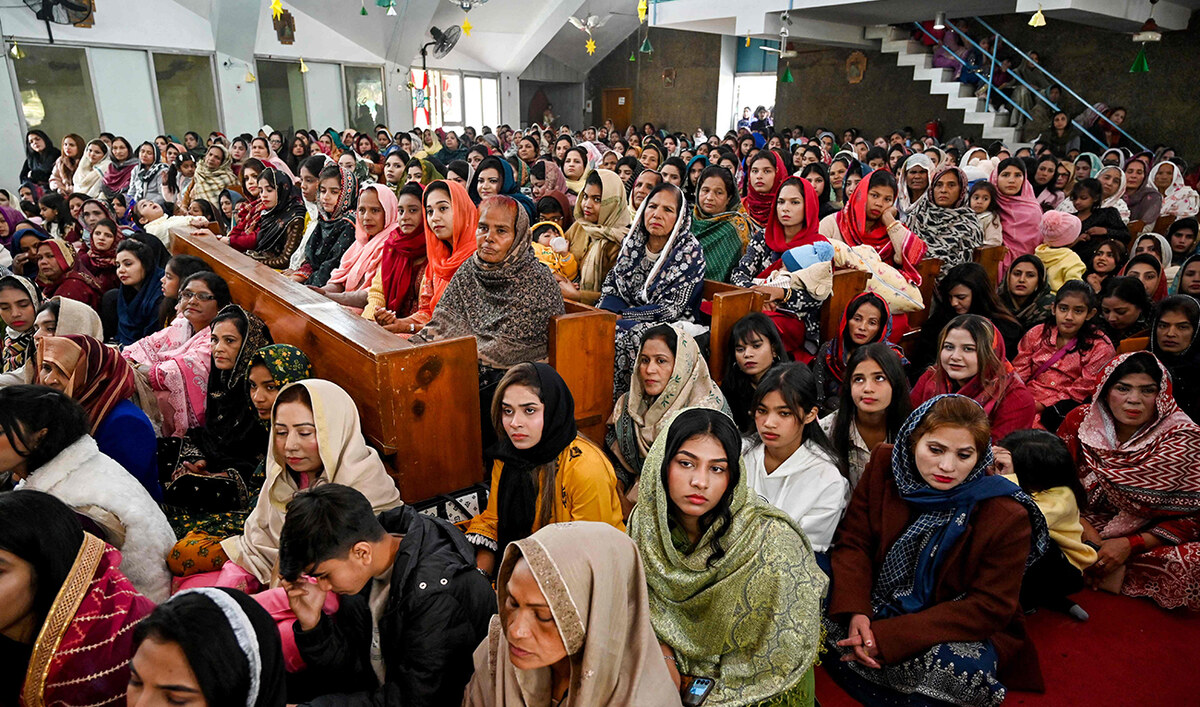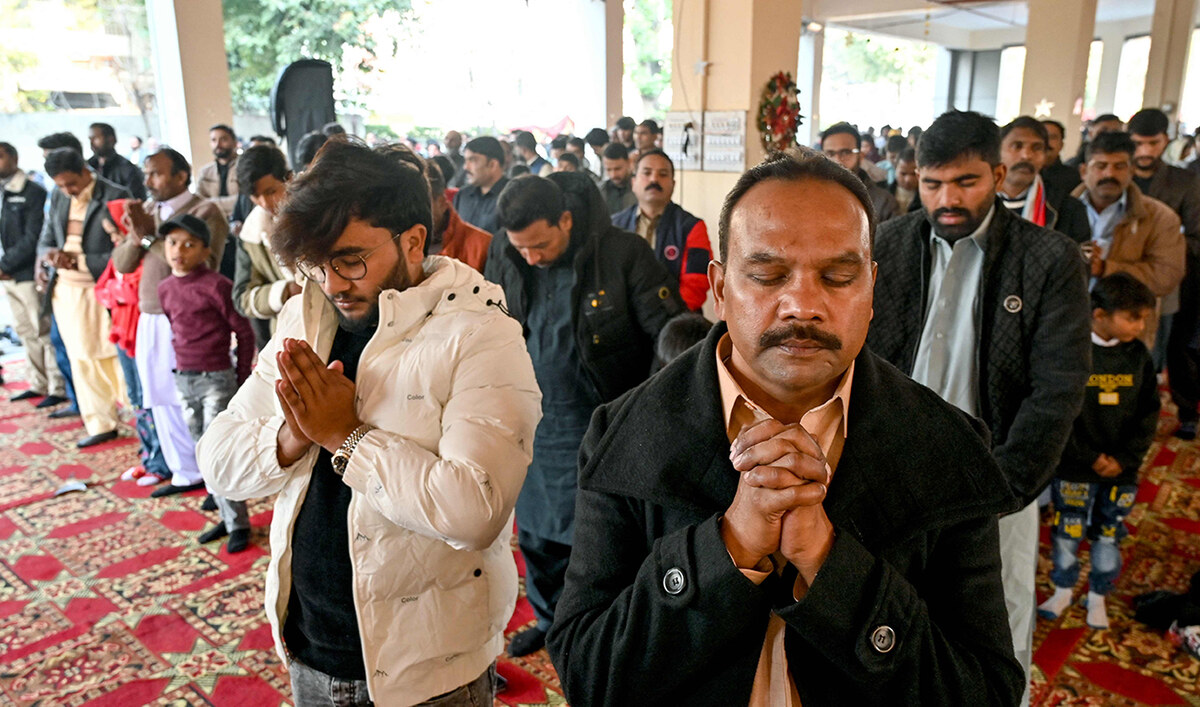ISLAMABAD: Minister for Overseas Pakistanis and Human Resource Development, Chaudhry Salik Hussain, said Pakistan’s top leaders, including the prime minister, were “very concerned” about visa restrictions by the United Arab Emirates (UAE) and the foreign ministry was in talks with the Emirates to resolve the issue.
The minister’s comments follow widespread media reports of a decline in visas for Pakistanis by the UAE and a decrease in overall overseas employment for nationals of the South Asian nation, allegedly due to their lack of respect for local laws and customs and for participating in political activities and sloganeering while abroad. During a briefing to the Senate Standing Committee on Overseas Pakistanis last week, Dr. Arshad Mahmood, the secretary of the Ministry of Overseas Pakistanis, stated that 50 percent of the crime rate in the UAE was reportedly attributed to Pakistanis.
In a video message released this week, the UAE’s Consul General in Karachi, Ambassador Bakheet Ateeq Al Remeithi, refuted these reports, saying there were no visa restrictions on Pakistanis and the Emirates was providing “100 percent” facilities to nationals of the South Asian country traveling for tourism, business, medical, or other reasons.
However, in an interview with Arab News, Minister Hussain, when questioned about whether the government was in negotiations with the UAE to “lift restrictions” on the issuance of visas for Pakistanis, said the Pakistani foreign ministry was in talks with the Emirates regarding the issue.
“Yes the prime minister and the deputy prime minister both are very concerned and MOFA [ministry of foreign affairs] is in talks with the UAE side,” the minister, who is also Pakistan’s religious affairs minister, said.
At a press briefing on Friday, Foreign Office Spokesperson Mumtaz Zahra Baloch was asked by an Arab News reporter about Hussain’s comments that MOFA had taken up the issue of visa restrictions with the UAE and what measures had been taken to resolve the issue.
Baloch said she would not comment on a particular minister’s remarks but Pakistan and the UAE had “multi-dimensional and historic relations.”
“In this important relationship, the two sides have several mechanisms of engaging with each other and sharing our respective concerns, including with respect to facilitation of visas,” the FO spokeswoman said.
“As far as I understand, there is no ban on issuance of visas to Pakistani nationals. However, Pakistan remains engaged with the UAE to facilitate all Pakistanis traveling to the UAE.”
Elaborating on reasons for the UAE’s reservations on visas for Pakistan, Hussain told Arab News the problem was that Pakistanis abroad were indulging in political activities and talking about sensitive issues, in public and on social media.
“I personally believe, to be very frank, I think it’s more to do with politics rather than anything else,” minister said. “Pakistanis staying in another country and getting involved in local issues, sensitive issues, local matters on social media and stuff. So, I think that probably is the bone, this is my opinion.”
When asked what the government was doing about “behavioral issues” of Pakistanis abroad, Hussain reminded them that expats did not represent a particular ideology, political party or organization:
“They are the ambassadors of the entire nation. So, they should behave according to the norms of that [host] country.”
He also said the government was shortlisting individuals who were potentially breaking the law overseas and could suspend their identification cards or passports:
“I think they [government] are shortlisting people and they might suspend their identification cards or passports probably.”
EXCELLENCE CENTRES
Hussain said one of his main aims as minister for overseas Pakistanis and human resource development was to increase the number of skilled and semi-skilled workers going abroad, rather than unskilled labor:
“As the ministry for human resource development, we are upgrading ourselves, we are improving ourselves so that Pakistanis who go from here are skilled or semi-skilled … we are working on a daily basis to upgrade ourselves.”
He said he had asked the ministry to devise a module for every country that would help orient workers about that country’s laws, customs and culture.
“So once the skilled laborer is ready, before he leaves, he needs to go through a three-week training of orientation of that country,” the minister explained.
“If you’re going to Korea, you should know the norms of that country, the do’s and don’ts of that country. If you’re going to Saudi Arabia, you should know the norms of that society, and how you need to conduct yourself over there … Anyone who leaves Pakistan should go through that three-week course.”




















